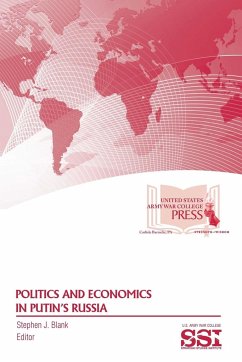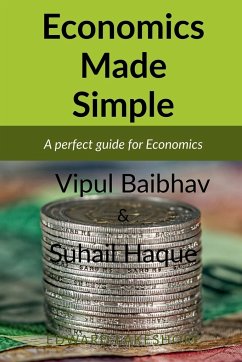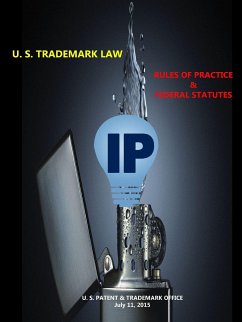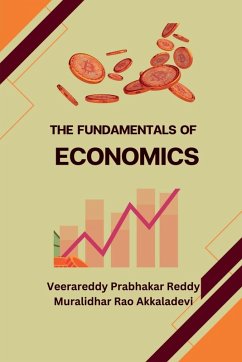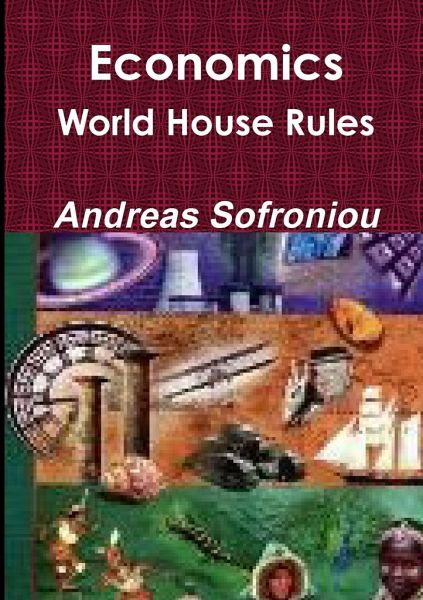
Economics World House Rules
Versandkostenfrei!
Versandfertig in 1-2 Wochen
37,99 €
inkl. MwSt.

PAYBACK Punkte
19 °P sammeln!
From the mid-16th century to the beginning first quarter of the 21st century, economic thought can be split into five main historical schools: mercantilism; the economics of the French physiocrats; classical economics; Keynesianism; and monetarism. The schools do not necessarily encompass the views of all economists. The mercantilists, between the mid-16th and mid-18th centuries, argued that the wealth of nations depended on their balance of trade. Proponents of the theory were concerned to maximize the amount of precious metals in the country. Protectionism was encouraged. Economic forecastin...
From the mid-16th century to the beginning first quarter of the 21st century, economic thought can be split into five main historical schools: mercantilism; the economics of the French physiocrats; classical economics; Keynesianism; and monetarism. The schools do not necessarily encompass the views of all economists. The mercantilists, between the mid-16th and mid-18th centuries, argued that the wealth of nations depended on their balance of trade. Proponents of the theory were concerned to maximize the amount of precious metals in the country. Protectionism was encouraged. Economic forecasting and growth are variables, either macro-economic (for country/ies) or micro-economic (for product/market), which deals with the increase in the productive capacity of an economy.



